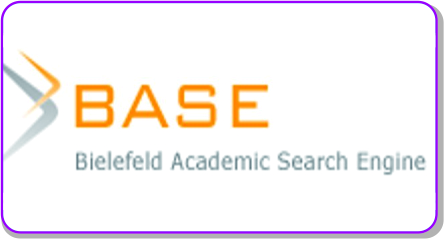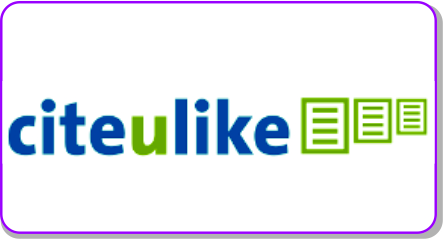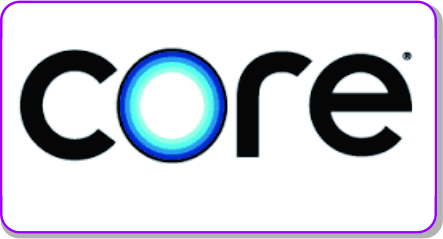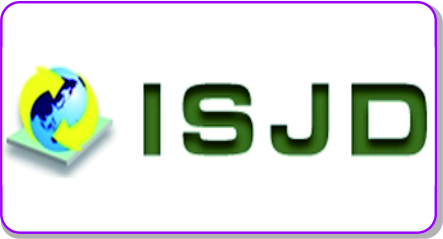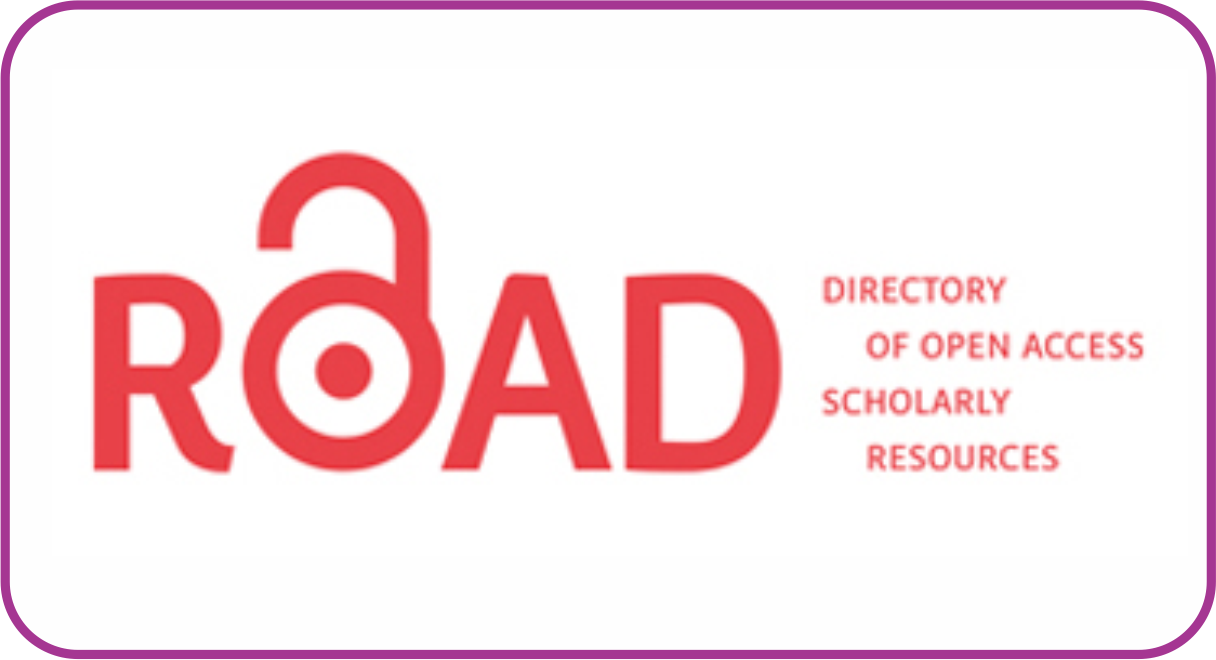Actualisation and Productivity in Strengthening Productive Moral Intelligence at the Madrasah Pendidikan Asas Daru Ashomiddin Service's (PADA) Singapore
DOI:
https://doi.org/10.30983/educative.v7i2.6040Keywords:
Ethics, Moral Philosophy, Moral Psychology, Strengthening IntelligenceAbstract
Singaporeans are ethnically diverse with Chinese, Malay, Indian, Caucasians population. Forty-two percent of Singaporeans are foreigners working or studying there. Fifty percent of workers are from foreign countries. With such a background, Singapore faces various problems for its children, including moral problems. This research uses a qualitative field approach. Researcher recorded learning activities at the Madrasah Pendidikan Asas Daru Ashomiddin Service's (PADA) Singapore. The data was then descriptively and qualitatively analyzed. The findings of this study indicate that strengthening moral education intelligence and its relationship with philosophy and psychology can produce a capable generation for today's global era. Strengthening Islamic moral intelligence that is integrated with the philosophy of science is a solution to the moral issues that Singoperean society now face.
References
Books
Abdullah, Amin. Antara Al-Ghazali Dan Kant: Filsafat Etika Islam. IRCISOD, 2002.
Al-Ghazali, Imam. Ihya’‘Ulumuddin 6. Nuansa Cendekia, 2020.
Al-Syaibany, Omar Mohammad Al-Toumy, and Hasan Langgulung. Falsafah Pendidikan Islam. Bulan Bintang, 1979.
Amin, Ahmad. “Etika (Ilmu Akhlak), Jakarta: Bulan Bintang, 1975.†Anwar, Rosihan, Ulum Al-Qur’an, Bandung: Pustaka Setia (2010).
Amin, H M Masyhur. Dakwah Islam Dan Pesan Moral. Al Amin Press, 1997.
Aziz, A. “Ilmu Dakwah, Jakarta: Kencana.†Hlm 148Mahmud Yunus, Kamus Arab-Indonesia,(Jakarta: PT. Hidakarya Agung, 1990) (2004).
Aziz, Moh Ali. Ilmu Dakwah: Edisi Revisi. Prenada Media, 2019.
Chabib, Thoha. “Metodologi Pengajaran Agama.†Yogyakarta: Pustaka Pelajar Offset (1999).
Danev, Nick, Jeremy Horne, Michael Mainelli, Ben Morris, and Mark Yeandle. “The Global Financial Centres Index 7†(2010).
Giovannelli, Costanza. “Trends in International Migrant Stock: The 2008 Revision.†Population (2009).
Indonesia, Republik. “Depertemen Pendidikan Nasional, Kamus Besar Bahasa Indonesia.†Jakarta: PT. Gramedia (2011).
Jalaluddin, H. Teologi Pendidikan. PT RajaGrafindo Persada, 2001.
Kelly, Rachel. “Singapore Retains Busiest World Port Title.†Channel News Asia 10 (2008).
Miskawaih, Ibnu. “Tahdzib Al-Akhlak.†Beirut: Mansyurat Dar al-Maktabah 1398 (1985).
Munir, M, and Metode Dakwah. “Prenada Media, Kencana.†Jakarta, 2006.
Nasr, Seyyed Hosein. “Ensiklopedi Tematis Spiritualitas Islam, Terj.†Rahmani Astuti, Mizan, Bandung (2002).
Noer Aly, Hery. “Watak Pendidikan Islam.†Friska Agung Insani, 2000.
Syukur, Amin M A. “Pengantar Studi Islam, Semarang: CV.†Bima sakti (2003).
Shihab, M Quraish. Wawasan Al-Qur’an Tentang Zikir Dan Doa. Lentera Hati Group, 2006.
Syah, Muhibbin. “Psikologi Pendidikan Dengan Pendekatan Baru†(2001).
Ustman, Najati. “Al-Qur’an Dan Ilmu Jiwa Agama.†Bandung: Pustaka Belajar, 2001.
Vembriarto, S T. Sosiologi Pendidikan. PT Gramedia, 1993.
Policy, Foreign. “Measuring Globalization.†Foreign Policy 122 (2001): 56–65.
Yusuf, Muhammad Zain. “Akhlak Tasawuf.†Semarang: al-Husna (1993).
Zainuddin, Ahmad, and Muhammad Jamhari. “Al-Islam 2 (Muamalah Dan Akhlak).†Bandung: Pustaka Setia (1999).
Zohar, Danah, and Ian Marshall. SQ-Kecerdasan Spiritual. Mizan Pustaka, 2007.
Journals
Ainusyamsi, Fadlil Yani, and Husni Husni. “Perspektif Al-Qur’an Tentang Pembebasan Manusia Melalui Pendidikan Akhlak.†Jurnal Penelitian Pendidikan Islam 9, no. 1 (2021): 51–60.
Awaliyah, Tuti, and Nurzaman Nurzaman. “Konsep Pendidikan Akhlak Menurut Sa’id Hawwa.†Jurnal Penelitian Pendidikan Islam,[SL] 6, no. 1 (2018): 23–38.
Haerunnisa, Haerunnisa, Muhammad Yasin, and M Farid Wajdi. “Penerapan Pendidikan Akhlak Murid Perempuan Dalam Kitab Akhlak Lil Banat.†Jurnal Dirosah Islamiyah 4, no. 3 (2022): 332–339.
Pitaloka, Deffa Lola, Dimyati Dimyati, and Edi Purwanta. “Peran Guru Dalam Menanamkan Nilai Toleransi Pada Anak Usia Dini Di Indonesia.†Jurnal Obsesi: Jurnal Pendidikan Anak Usia Dini 5, no. 2 (2021): 1696–1705.
Purnamasari, Rika, Imam Tabroni, and Rizka Amelia. “Peran Nuclear Family Sebagai Support System Terhadap Pendidikan Anak.†Al-Madrasah: Jurnal Pendidikan Madrasah Ibtidaiyah 6, no. 3 (2022): 512–519.
Puspytasari, Heppy Hyma. “Peran Keluarga Dalam Pendidikan Karakter Bagi Anak.†Jurnal Pendidikan Islam 6, no. 1 (2022).
Samsul, Rizal, Najari Muhammad, and Habibillah Muhammad Hadi. “Pendidikan Akhlak dalam Surat As-Saff.†Jurnal Generasi Tarbiyah: Jurnal Pendidikan Islam 1, no. 1 (2022): 26–43.
Syam, Muhammad Nuruzzaman, and Mahmud Arif. “Muamalah Dan Akhlak Dalam Islam.†Manarul Qur’an: Jurnal Ilmiah Studi Islam 22, no. 1 (2022): 1–11.
Tantowi, Ahmad, and Ahmad Munadirin. “Konsep Pendidikan Akhlak Dalam Al-Quran Surat Al-An’am Ayat 151 Pada Era Globalisasi.†al-Afkar, Journal For Islamic Studies (2022): 351–365.
Yulianti, Ade, and Hilda Siti Paujiah. “Konsep Pendidikan Akhlak Peserta Didik Perspektif Kyai Hasyim Asy’ari Dalam Kitab Adab Alim Wa Al Muta’allim.†Jurnal Fakultas Ilmu Keislaman Kuningan 2, no. 2 (2021): 68–86.
Online Source
“Administration of Muslim Law Act 1966.†Accessed December 23, 2022. https://sso.agc.gov.sg/act/amla1966.
“Singapore Department of Statistics.†http://www.singstat.gov.sg/statistics/browse-by-theme/population-and-population-structure.
“Singapore Department of Statistics (DOS).†https://www.singstat.gov.sg.
Downloads
Submitted
Accepted
Published
Issue
Section
License
Authors who publish with this journal agree to the following terms:
1. Authors retain copyright and grant the journal right of first publication with the work simultaneously licensed under a Creative Commons Attribution License that allows others to share the work with an acknowledgment of the work's authorship and initial publication in this journal.
2. Authors are able to enter into separate, additional contractual arrangements for the non-exclusive distribution of the journal's published version of the work (e.g., post it to an institutional repository or publish it in a book), with an acknowledgment of its initial publication in this journal.
3. Authors are permitted and encouraged to post their work online (e.g., in institutional repositories or on their website) prior to and during the submission process, as it can lead to productive exchanges, as well as earlier and greater citation of published work (See The Effect of Open Access).

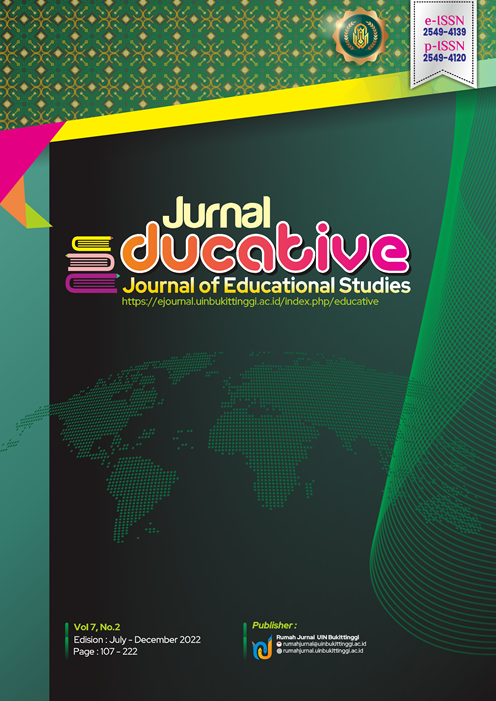



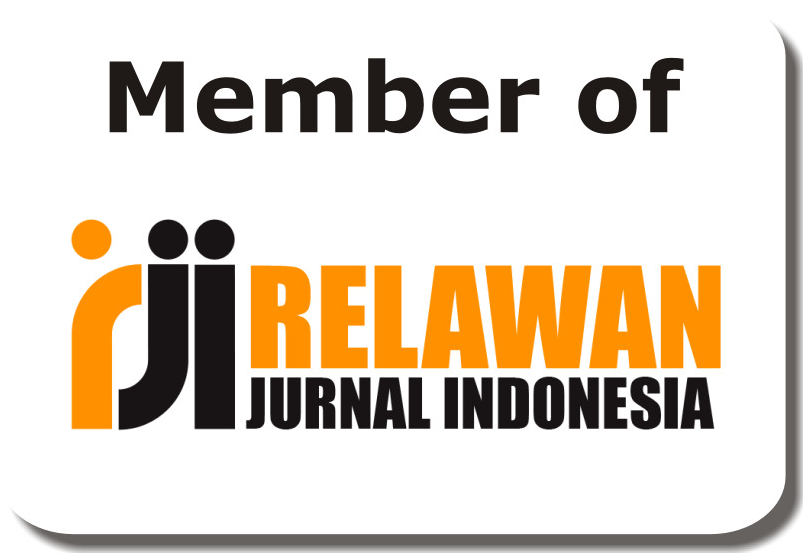


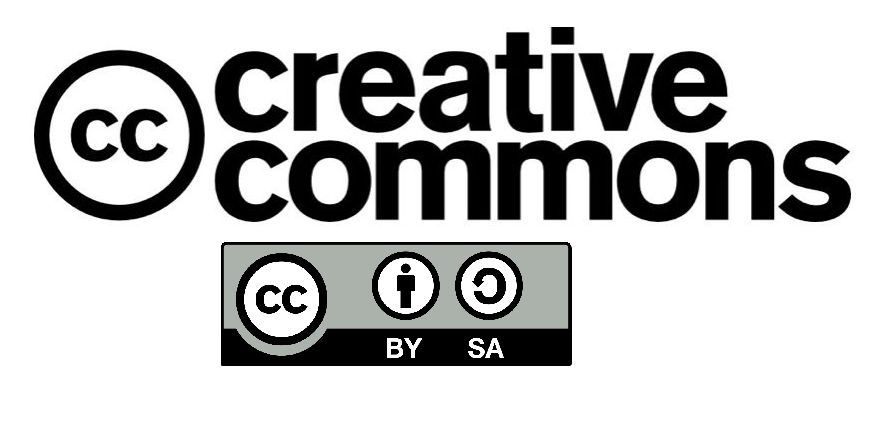


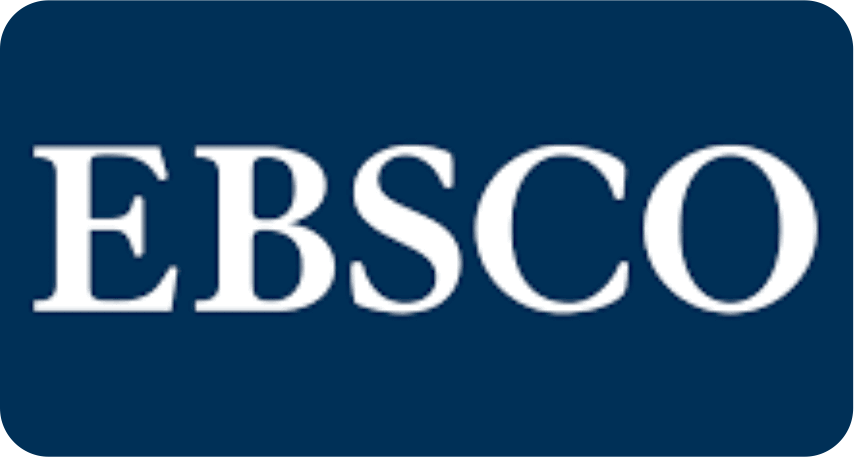






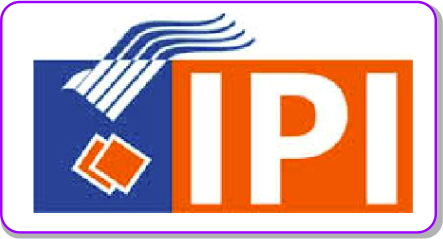 Â
 
